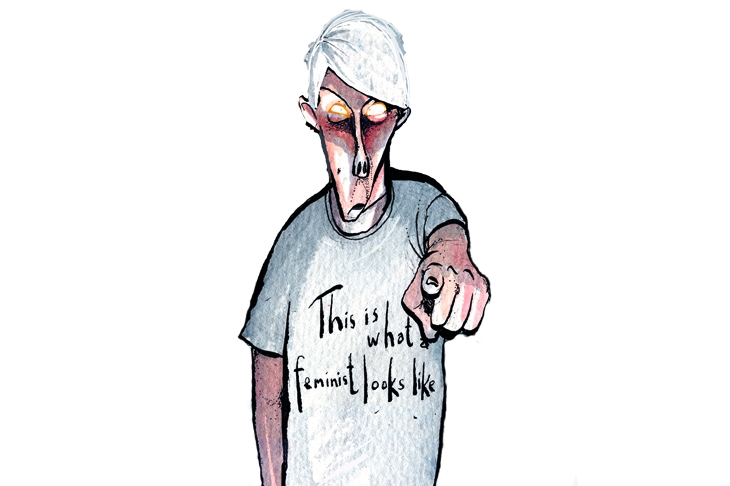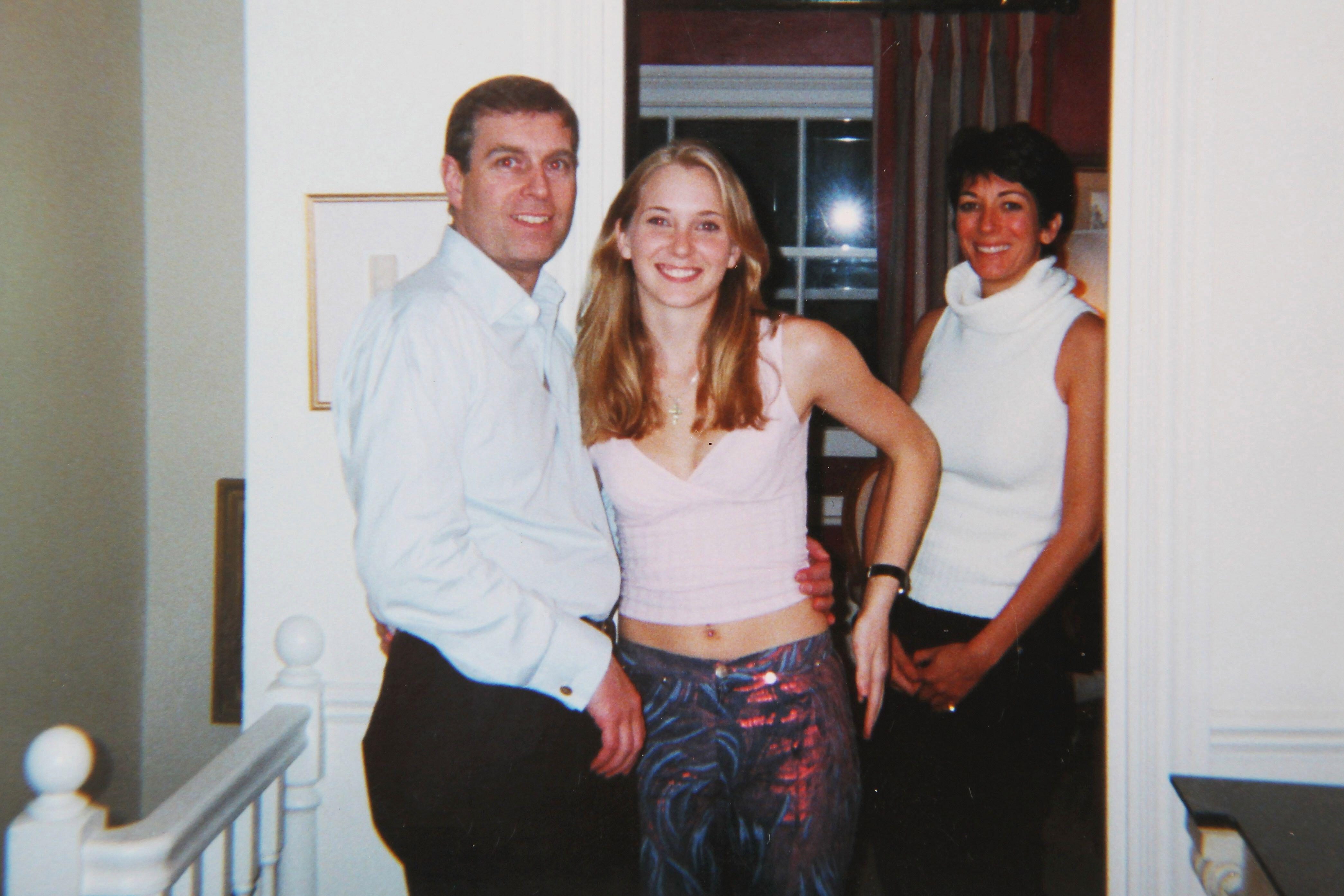The #MeToo movement isn’t all it seems. More than three years after countless sexual abuse allegations shook the world, the relationship between men and women has mutated into something ‘subtle and insidious’, writes Sam Mills. Her new book — an intriguing blend of feminist theory, memoir, psychological sleuthing and self-help — investigates the rise of what she calls ‘chauvo-feminists’: men who champion women’s rights in public to appear woke while in private their ‘shadowy doppelgänger’ is misogynistic. ‘If sexual harassment is not just about desire but about power,’ Mills says, then ‘the means will no longer be a hand on a knee as a way of implying threat’.
Threaded throughout the essay is Mills’s own encounter with a chauvo-feminist named ‘R’, a highly regarded British academic. She meets him at a party and they flirt every day over email for a month. During their first date, R shows her the online profile of the previous woman he was seeing and says he broke it off because she wanted a relationship. ‘There was a narcissistic pride in the way he was showcasing his ex to me,’ Mills writes, ‘like the photographs you see of a man who enjoys shooting wildlife and stands next to the carcass.’ They have sex that evening nonetheless (‘I was guided more by desire than reason’). Halfway through, he mentions that he has slept with one of her friends.
The subtext was clear: he was after a one-night stand, she says, and had ‘carved out a part for me’ where he was smart, in charge, and ‘I was his victim’. Over the next few months they bump into each other at literary parties and book readings. R demeans and undermines her. When she calls him out on his behavior, he denies it and suggests she’s being paranoid. Meanwhile, he posts links to feminist articles on Twitter — surely, she persuades herself, that means he must be ‘a decent guy’.
It takes Mills a long time to ‘intellectualize and process’ what happened between them; to recognize finally that it wasn’t a ‘private struggle that I was to blame for in some way I could not fathom’. In sexual situations ‘our recourse to power was not as clear-cut and immediate as we’d thought’, she writes. ‘But the honest recognition of that is empowering.’
Mills is an engaging and astute companion, in particular on the effects of ‘gaslighting’. One of the warning signs you’re dealing with a gaslighter, she tells us, is the constant ‘nagging of whispers’ in your head: ‘Am I being too sensitive? Am I good enough for my partner? Why am I always in the wrong?’ Hearing from the other side is equally disturbing. Greg, a Canadian lawyer, targets conscientious, intelligent and successful women because they have a clear idea of the type of man and romantic narrative they want. It’s easy to play to that storyline, he says, and then distort it.
Near the end of Chauvo-Feminism, Mills poses a troubling question: ‘What if my story is the #MeToo trend of the future?’ So what’s the solution? In Tomorrow Sex Will Be Good Again Katherine Angel thinks women’s ‘emancipatory hopes’ lie in sexual encounters being a ‘conversation, mutual exploration, curiosity, uncertainty’. She rejects the seemingly transformative power of ‘consent culture’ which emerged in the 1990s, where women must know their desires and proclaim them clearly to avoid being taken advantage of. ‘The fixation on yes and no doesn’t help us’, she argues, if a man isn’t open to his sexual partner’s ‘no’ or her changing desires, or if a woman agrees to sex she doesn’t want because she fears the fall-out. ‘That women experience so much misery-making sex is a profoundly social and political issue.’
Her standout chapter centers on the misconceptions around arousal. A widespread trope is that women pretend they don’t want sex, yet their bodies — their vaginal ‘wetness’ — betray them. Here Angel lingers over the first spanking scene in Fifty Shades of Grey: when Anastasia screams in pain and tries to move away, Christian feels between her legs, takes that as a sign she’s enjoying herself and continues to hurt her. But genital arousal in women, Angel says, is an automatic physiological response to protect them against injury and infection. It’s not an indication of desire or pleasure. And it’s certainly not ‘proof’ that a woman ‘wants it’.
Like Angel’s previous pocketbook essay Daddy Issues (2019), this is a well-researched exploration of what sex, sexism, desire and power mean now. But Angel finishes by causing confusion and disappointment rather than igniting progress. ‘Part of the joys of sex might precisely be in discovering new, different ways to be touched: in being vulnerable to the unknown,’ she declares in a utopian flourish. Then, a few paragraphs later: ‘I don’t believe that we can ever leave power behind in sex, that we can enter a zone blissfully free of inequality.’ Either way, having good sex still relies on women — or anyone with less power — weighing up the risks. And that won’t make for a better tomorrow.
This article was originally published in The Spectator’s UK magazine. Subscribe to the World edition here.

























